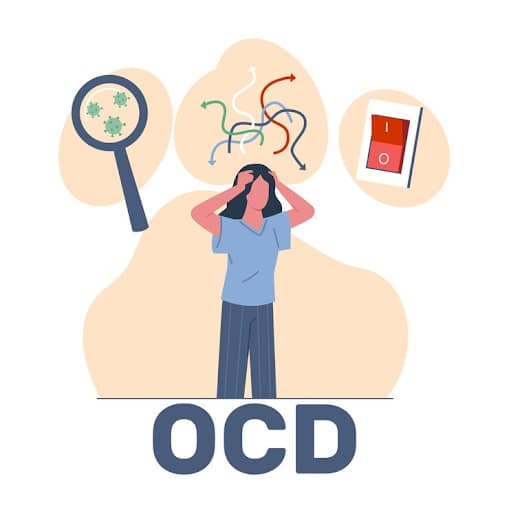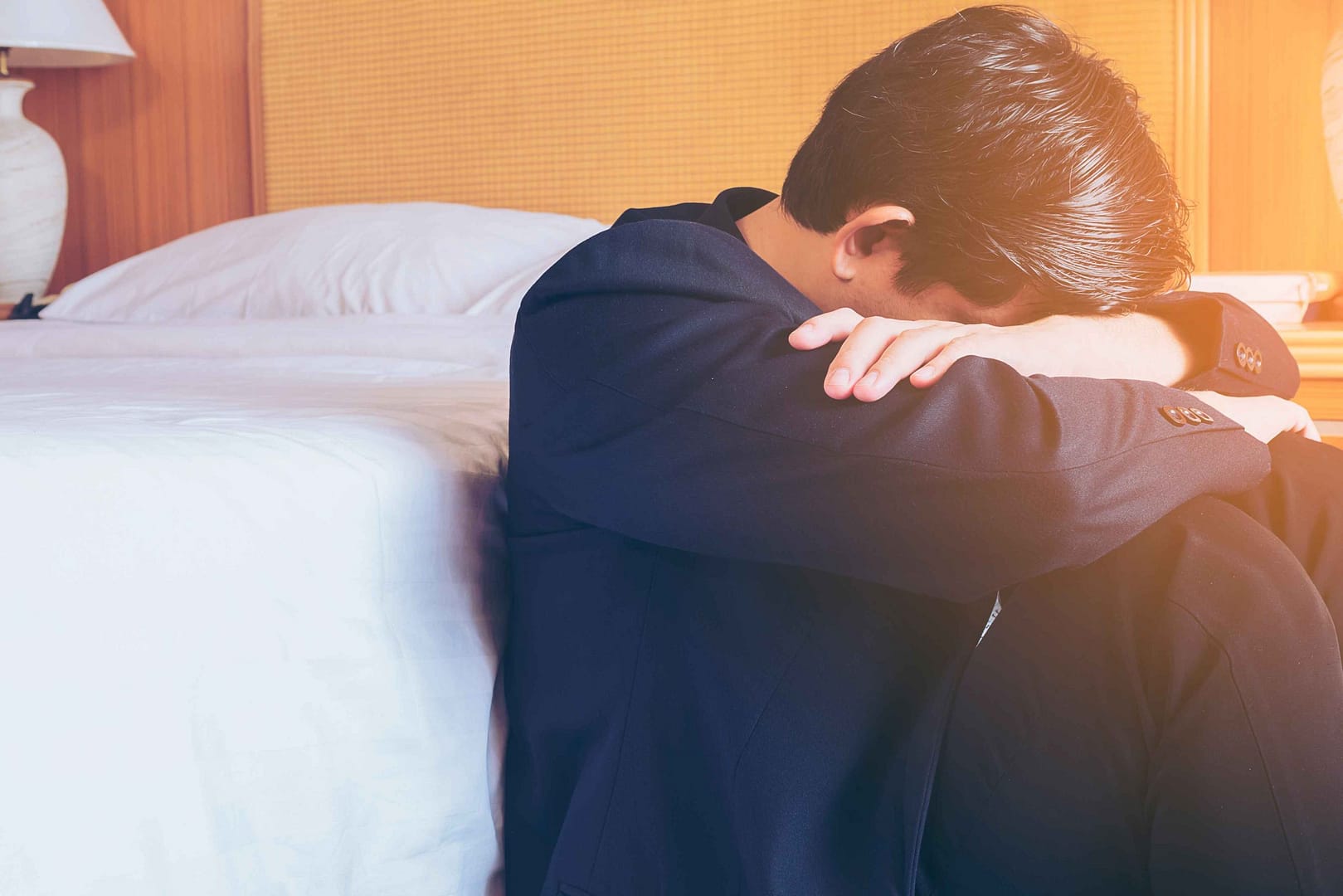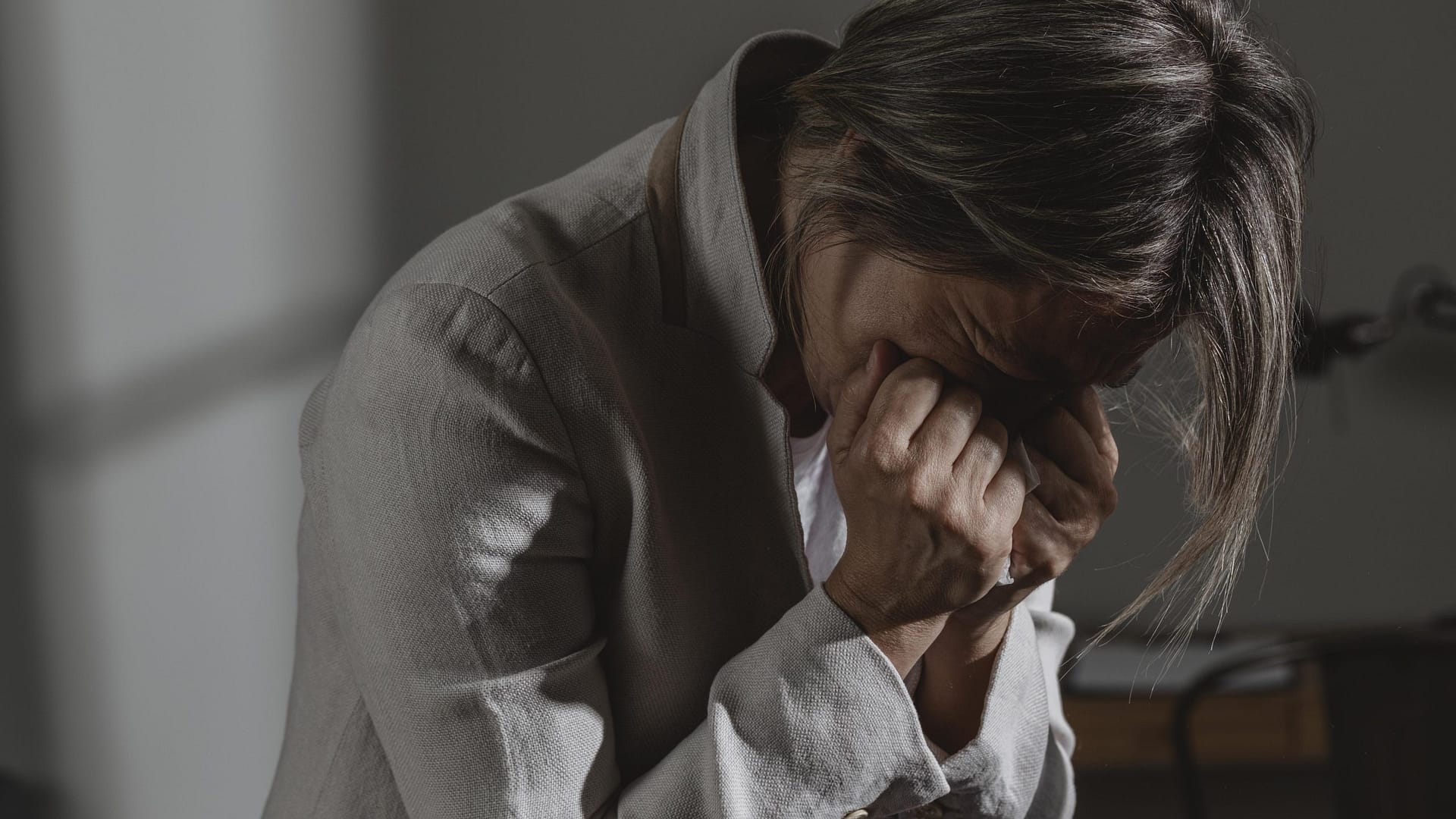
Have you ever heard someone very casually say, “I’m so OCD.” because they like things neat and tidy? It might seem harmless, but this simple and common statement ignores the wide, vast, and often misunderstood spectrum of Obsessive-Compulsive Disorder. Many people still presume OCD is merely a health condition associated with cleanliness or tidiness, or they’ll describe someone by saying, “He’s such a clean freak”, referring to someone’s propensity towards cleanliness or tidiness. OCD is far more than this clean and tidy notion, as it is a sophisticated mental health condition associated with distressing thoughts, psych rituals, and behaviors that have nothing to do with cleaning or tidy behavior. In this blog, we’re going to unpack the wider reality of OCD, what it looks like in its many faces, and why it’s an important thing to denote than just a “clean freak”.
What Is OCD?
Obsessive-Compulsive Disorder (OCD) is a chronic mental health condition, represented by obsessions (consistent, unwanted thoughts) and compulsions (repetitive behaviors or habits) executed to relieve anxiety created by obsessive thoughts. Compulsions are essential to OCD, as behaviors that one might engage in (needing to re-organize a drawer, washing their hands, etc.) often become extreme and impact quality of life, functioning, and relationships. While cleanliness or the desire for order may be more plainly recognized by most, OCD is much more complex and more than only a pretense for order. Ultimately, OCD is driven by significant anxiety, distress, and/or fear. While people who have OCD have insights that their thoughts and behaviors are irrational, they cannot stop the urge to act.
OCD Myth About Cleanliness
The biggest misconception of OCD is that it’s only about being very clean or very organized. Certainly some people with OCD, in fact, fear germs and clean extensively to feel safe. But this is only one possible way OCD can be expressed, and OCD is much more than being concerned about hygiene. It includes distressing thoughts and compulsions in response to certain thoughts to decrease anxiety, and it can take many forms. By discussing just an idea of cleanliness, it simplifies the complexity of OCD. This false simplicity can make those who struggle with anxiety related to other symptoms of OCD, such as checking, counting, or the need to make things feel “just right,” feel devalued or ignored.
Understanding the Spectrum of OCD
1. Contamination and Checking OCD
Contamination OCD, often linked to cleanliness, has emerged as one of the more common variants of the disorder and is where the misconception of OCD being only about cleanliness stems from. People with this type of OCD have unrealistic fears of germs, sicknesses, or contamination that cause them to wash excessively, sanitize, or avoid objects or places altogether. For instance, some may wash their hands so much that their hands are raw, avoid public restrooms, or will not touch anyone/anything.
In contrast, there is Checking OCD which includes ongoing doubts and fears of harming others because of forgetfulness, or being negligent. In order to soothe their anxiety, people with Checking OCD will repeatedly check things with the aim to reassure themselves. Regular behaviours include checking to see if the door is locked, checking if the stove is turned off, or continually rereading emails to see if they made a mistake, and even in these situations they do not feel satisfactory and they need to check again.
2. Harm and Scrupulosity OCD
Harm OCD is a specific type of OCD characterized by intrusive and disturbing thoughts about harming oneself or others, without the actual intention to do so. These thoughts can create a huge amount of anxiety, guilt, and distress. Examples of Harm OCD thoughts include: “What if I stab someone with this knife?” or “What if I lost control and hurt my child?” When experiencing these obsessions, individuals with Harm OCD may partake in compulsions such as hiding sharp objects, avoiding circumstances or people, or seeking reassurance in an effort to alleviate their anxiety.
Another form of OCD is Sexual and Religious OCD (scrupulosity). This subtype is characterized by intrusive thoughts that are taboo, inappropriate, or blasphemous, that trigger somebody’s own values. Commonly, the unwanted thoughts will manifest themselves as sexual fantasies or fears of offending God or committing a sin. To relieve their OCD distress, some people will participate in some sort of repetitive behavior, like excessive praying, or mental rituals; all in the absence of these behaviors to prevent perceived harms and violations.
Science Behind OCD
The science surrounding OCD indicates that the condition is connected with abnormalities in brain circuits that affect decision-making, fear, and habits. Those brain circuits include the orbitofrontal cortex, anterior cingulate cortex, and basal ganglia. These brain areas play a role in processing, and therefore controlling, different thoughts and behaviors one might have. While researchers do not fully understand what causes OCD, genetics, trauma, formative childhood experiences, environmental factors, etc., are understood to play a role in its development. It should be noted that OCD is a neurological disorder, not a matter of personality, and it cannot be defeated on willpower alone. OCD represents an unusual network of brain processes that require appropriate treatment and management to relieve the affected individuals.
Treatment Option for OCD
OCD is a treatable condition that, while not often “cured” in the traditional sense, usually gets progressively better when approached appropriately. In particular, Cognitive Behavioral Therapy (CBT) is effective in teaching individuals to gain insight into their irrational thoughts/misbeliefs, which contribute to their symptoms of OCD. A more explicit form of CBT is called Exposure Response Prevention (ERP) which is also the most effective method to help individuals with OCD. Exposure response prevention (ERP) asks someone with OCD to expose them to their fear or obsession in slow, graduated steps, and to resist the compulsive behavior they are inclined to perform. For example, if someone has Contamination OCD, we might have them touch a doorknob and then not wash their hands for a period of time that is tolerable, to increase stress toleration and/or frustration without performing the compulsive act of hand washing.
This reduces anxiety over the long-term and breaks the obsessive-compulsive cycle. There are many providers in NYC that are trained in ERP, and it’s recognized as one of the most effective long-term approaches to OCD treatment. Ideally, therapists incorporate ERP and medication when it comes to their treatment approach. Medication can be helpful for anxiety, particularly in what is considered moderate to severe volumes of anxiety. Selective Serotonin Reuptake Inhibitors (SSRIs) such as fluoxetine or sertraline may also assist with the intensity of obsession and compulsion.
Final Thought
OCD is a perplexing and frequently misrepresented form of mental health condition that goes beyond the perception of light obsession with cleanliness. Intrusive thoughts about harming people, disconcerting religious or sexual obsessions, and an array of other symptoms exist and are individualized within the great spectrum of OCD. Understanding the biological bases, neurological features, and symptom features is essential to providing empathy and support. Thankfully, talk and behavioral therapies (e.g. Cognitive Behavioral Therapy, Exposure and Response Prevention) and pharmacotherapeutics (medications) can provide legitimate relief. Reaching out to a certified OCD therapist in NYC can be a launching point to restore peace in one’s life and regain control over it, for yourself or your loved one.
Reference
- What Are Obsessive-Compulsive and Related Disorders? (n.d.-b). https://www.psychiatry.org/patients-families/obsessive-compulsive-disorder/what-is-obsessive-compulsive-disorder
- Jalal, B., Chamberlain, S. R., Robbins, T. W., & Sahakian, B. J. (2020). Obsessive–compulsive disorder—Contamination fears, features, and treatment: Novel smartphone therapies in light of global mental health and pandemics (COVID-19). CNS Spectrums, 1. https://doi.org/10.1017/S1092852920001947
- International OCD Foundation. (2022, December 15). International OCD Foundation | What is OCD & Scrupulosity? https://iocdf.org/faith-ocd/what-is-ocd-scrupulosity/
- Website, N. (2025a, March 26). Treatment – Obsessive compulsive disorder (OCD). nhs.uk. https://www.nhs.uk/mental-health/conditions/obsessive-compulsive-disorder-ocd/treatment/
- Maia, T. V., Cooney, R. E., & Peterson, B. S. The Neural Bases of Obsessive-Compulsive Disorder in Children and Adults. Development and Psychopathology, 20(4), 1251. https://doi.org/10.1017/S0954579408000606






